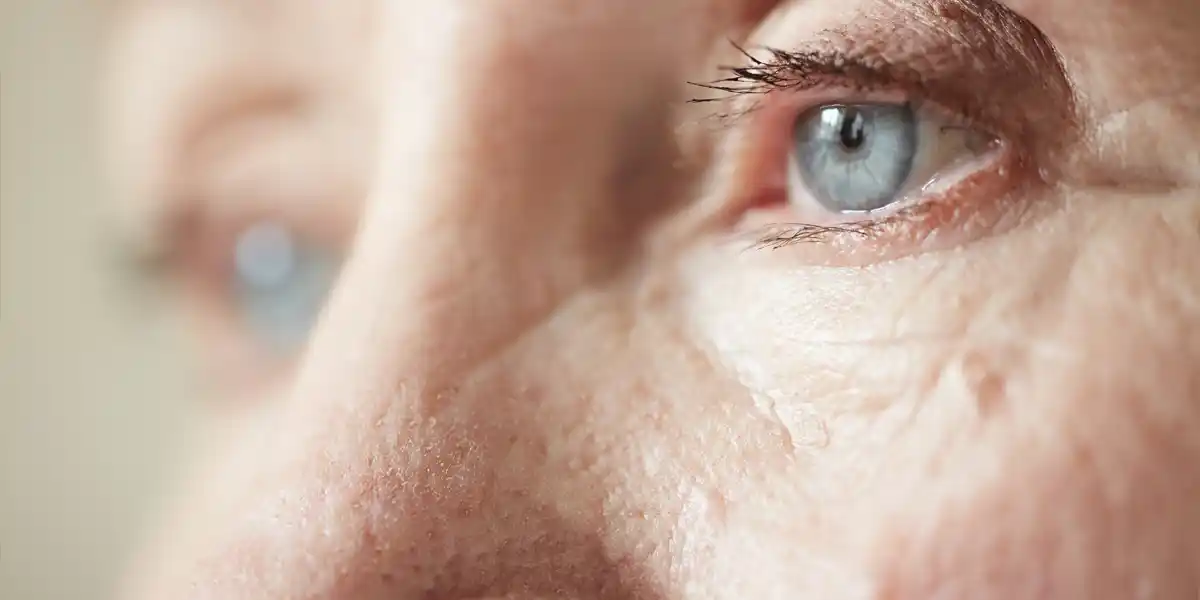Recognizing Hypoglycemia in Elderly Residents
We hope you find this Nursing Home Neglect Blog Article both Helpful and Informative.

To timely recognize hypoglycemia in elderly residents, nursing home staff should be aware of the signs and symptoms associated with this condition. They should also be trained in proper glucose monitoring techniques, as well as how to properly administer insulin and the correct use of Sliding Scale Insulin Therapy Orders used to treat diabetes.
Here are some steps that nursing home staff can take to timely recognize hypoglycemia in elderly residents:
- Educate Staff on Hypoglycemia Symptoms
Nursing home staff should be trained to recognize the signs and symptoms of hypoglycemia. Some of these symptoms include confusion, dizziness, sweating, shakiness, and hunger. Staff should also be aware that elderly patients may present with atypical symptoms, such as falls or altered mental status. At times, however, training, if it has not occurred recently, should be supplemented by regular Interdisciplinary Team Meetings on a daily basis. - Regular Glucose Monitoring
Regular glucose monitoring is crucial in identifying hypoglycemia. Nursing home staff should ensure that elderly residents with diabetes have their blood glucose levels checked regularly. This can be done through fingerstick testing or continuous glucose monitoring devices. Regardless of which approach is selected, it should be documented in the resident’s Individualized Care Plan to avoid any miscommunication amongst the staff. - Proper Medication Administration
Nursing home staff should be trained on the proper administration of insulin and other diabetes medications. They should ensure that medications are administered according to the prescribed schedule and dosage. They should also be aware of medication interactions and any potential adverse effects. - Individualized Care Plans
Under Federal and State Regulations, each elderly resident with diabetes should have an individualized care plan that addresses their unique needs. This plan should include instructions for glucose monitoring, medication administration, and management of hypoglycemia. Staff should follow these care plans closely to ensure that residents receive appropriate care. - Communication with Healthcare Providers
Nursing home staff should communicate regularly with healthcare providers to ensure that residents receive appropriate care. They should report any concerning symptoms or changes in glucose levels to healthcare providers in a timely manner. The challenge, unfortunately, in many nursing homes is that they face understaffing concerns that lead to untimely communication. Our Orlando nursing home injury lawyers were able to establish in one case that the facility waited more than 8 hours between the last blood sugar check and ultimately discovering the resident in a hypoglycemic coma. If you believe your loved one has died from nursing home neglect, call our Orlando Wrongful Death attorneys for a free consultation.
Conclusion
In conclusion, timely recognition of hypoglycemia in elderly residents is crucial to preventing adverse outcomes. Nursing home staff can take steps to recognize this condition, including educating themselves on hypoglycemia symptoms, regular glucose monitoring, proper medication administration, individualized care plans, and communication with healthcare providers. By following these steps, nursing home staff can help ensure that elderly residents with diabetes receive appropriate care and treatment.



